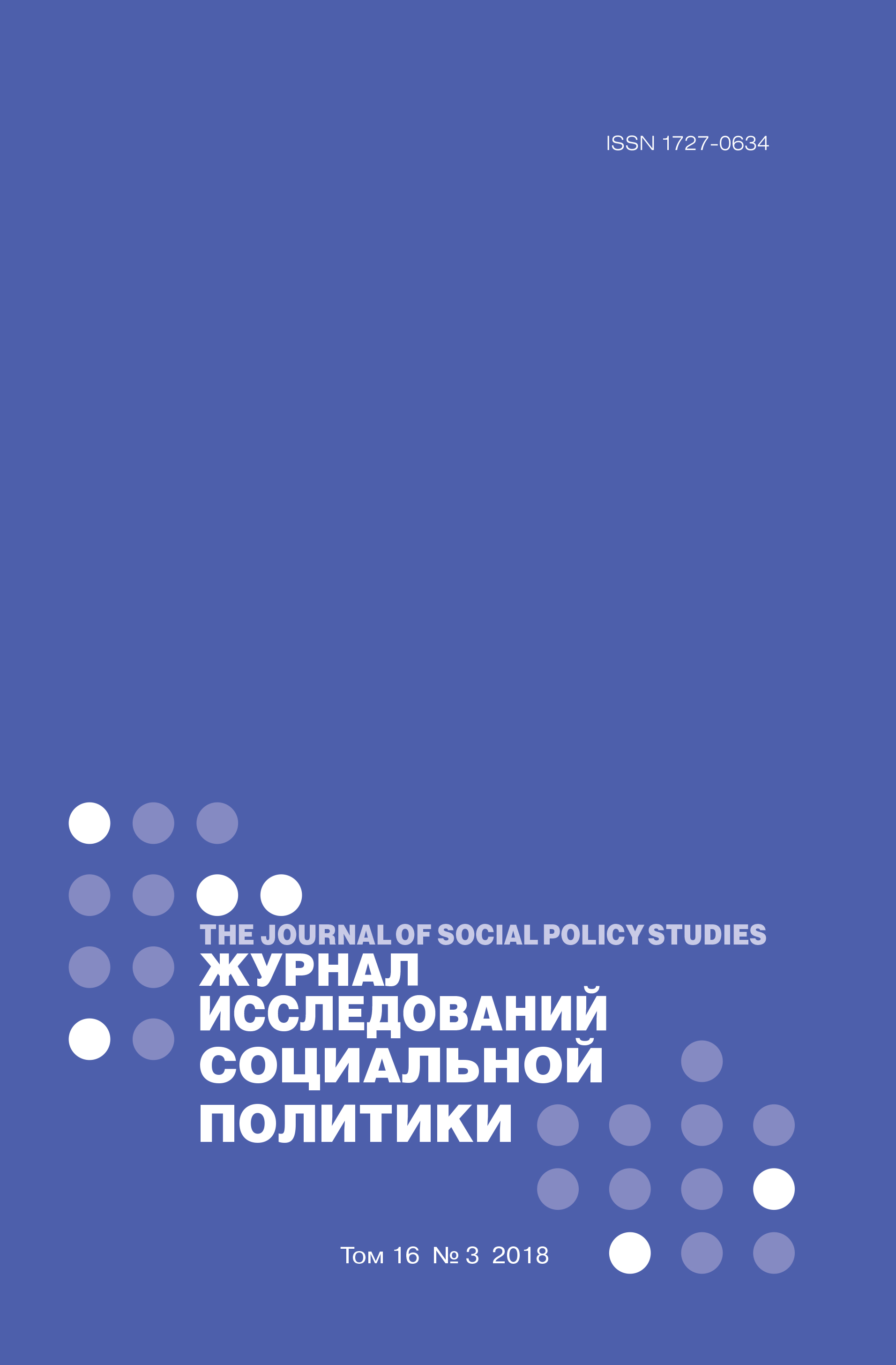The Ukrainian-Russian Virtual Flashmob against Sexual Assault
Abstract
Feruza Aripova – PhD Candidate in World History, Northeastern University; Center Associate, Davis Center for Russian and Eurasian Studies, Harvard University; Visiting Scholar, Jordan Center for the Advanced Study of Russia, New York University, USA. Email: aripova.f@husky.neu.edu
Janet Elise Johnson – Professor of Political Science and Women’s & Gender Studies, Brooklyn College, City University of New York; Visiting Scholar, Center for European and Mediterranean Studies at New York University, New York, USA. Email: Johnson@brooklyn.cuny.edu
This article examines the 2016 Ukrainian-Russian virtual flashmob that took on the issues of sexual assault, including childhood sexual abuse, sexual harassment, and rape. Begun by a Ukrainian activist on Facebook, the flashmob resulted in more than ten thousand original posts and led to a broader discussion on violence against women in Ukrainian and Russian. Many women (and some men) for the first time publicly disclosed excruciating details of physical and psychological coercion and the lasting trauma they suffered. The commonalities across the posts and the public visibility of the flashmob directly confronted the stigma attached to the topic of sexual violence. The media reactions to the flashmob ranged from empathy toward the victims and condemnation of the perpetrators to criticism of female promiscuity and victim blaming. The flashmob had concrete results: criminal cases were opened against teachers at one of Moscow’s prominent public schools and a series of initiatives were directed against sexual violence in Ukraine. This article provides the first systematic documentation and analysis of these posts as well as their reception in mass media and the impact so far of the flashmob, situating this flashmob as the same kind of activism that was seen in the bigger 2017 #MeToo campaign. In these ways, we contribute to what little social scientists know about violence against women in the post-Soviet region and assess this new tactic of feminist activism. Unsurprisingly, such activism does not change societies in one fell swoop, but the Ukrainian-Russian flashmob shows how virtual activism can nudge towards progressive change.















